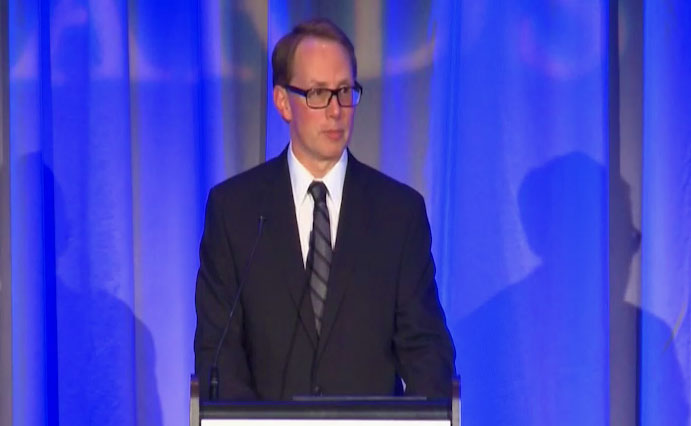Expert witnesses are professionally and ethically obligated to remain current in their field of expertise. Parties who retain experts and the courts that rely upon their testimony are entitled to expect that they are receiving the latest information from their experts. When I am tendering an expert witness before the court, in the qualification voir dire, I always ask what steps the expert takes to remain current in his/her field of expertise. How do expert witnesses remain current in their field of expertise?
Review of Current Literature
Virtually every area of expertise has a body of published research studies, journals, articles, websites, etc. Experts should engage in regular literature reviews so as to remain abreast of current research and issues. Research should extend beyond the expert’s own country as advances and issues may first arise in other jurisdictions.
Attend Conferences
Conferences are often a rich resource for learning about current and future research, emerging issues and new technology. When I am asked to present at expert conferences, I am tasked with researching and presenting on current legal issues that affect expert witnesses in the relevant areas of expertise. State of the art is the goal for conferences and that is why they are so valuable. When I attend other sessions as an observer, it is always interesting to see current technology and methodology being showcased. Conferences also present excellent opportunities for experts to network with other professionals who are frequently excellent resources for discussing cases in the future and for peer review.
Practical Research
Expert witnesses must be book smart and current on the latest literature and research. However, practical research is also an important component of an expert’s repertoire. Without exception, when I am presenting expert witness testimony and my expert is able to back up opinions with practical research conducted either for the current case or other cases, the credibility and value of my expert is boosted. I recommend that experts engage in research and experimentation so as to enhance what they bring to the witness stand.
Know your Opponent
When experts become aware that the opposing side in their case has retained their own expert, they should be prepared to offer commentary to their counsel about the opposing expert if asked. When I become aware that the defense has retained and may be calling their own expert, I first inquire of my own expert as to what they know about the defense expert. Information that is of value includes the following:
- The reputation of the expert in the relevant scientific community
- Previous experience my expert may have had with the opposing expert
- Scientific research undertaken by the opposing expert
- Publications, conference presentations and case testimony involving the opposing expert
Opposition research by counsel is important when assessing the credibility, reliability and competence of an opposing expert. It impacts how I approach the expert’s report and how I plan for my cross examination of the expert. My first inquiry as I begin that research is always with my own expert. Being current should include having a sense of who else is working in the relevant scientific discipline.
The trier of fact should be able to look to the expert witness to have the latest word on the relevant scientific theory and research and to have applied those to the case at hand. The trier of fact is entitled to be best evidence available and the role of the expert witness is to meet that high standard.
